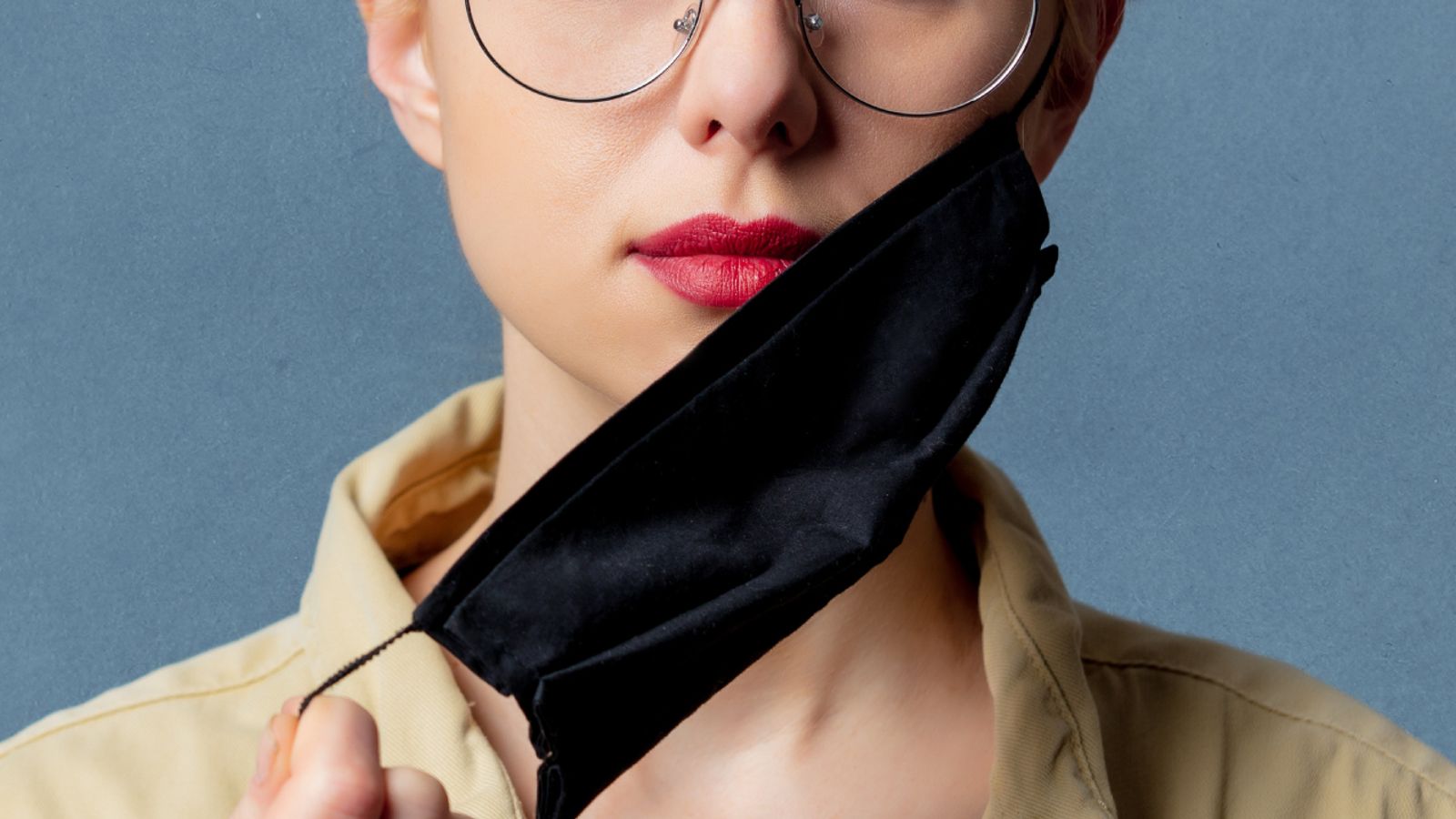Cosmetics company Revlon has filed for bankruptcy protection after a turbulent few years, which included a drop in lipstick sales due to face masks.
The company, which broke racial barriers and dictated beauty trends for much of the last century, has been a mainstay on store shelves since its founding 90 years ago in New York City.
But industry experts say Revlon failed to keep pace with changing tastes and was slow to follow women as they traded flashy red lipstick for more muted tones in the 1990s.
In addition to losing market share to big rivals like Procter & Gamble, Revlon also failed to capitalise on emerging social media trends and lost out to newcomer cosmetic lines such as Kylie Jenner and other celebrities who made gains digitally.
Then, already trailing, Revlon’s problems intensified with the pandemic as lipstick sales dropped 21% in 2020 while people were forced to wear masks.
They rebounded in the company’s most recent reporting year but still lag pre-pandemic levels in excess of $2.4bn (£1.9bn) a year.
The global supply chain disruptions that are affecting hundreds of international companies in recent months have finally proved to be the nail in the coffin for Revlon.
COVID cases rising: Are the new subvariants enough to change anything?
COVID-19: Is the UK on the brink of a new wave – and is ‘immune imprinting’ to blame?
COVID-19: Catching Omicron ‘does little to protect against reinfection from variant’
Putting famous models on the map
The company has said that, upon court approval, it expects to receive $575m (£467m) in financing from its existing lenders, which will allow it to keep its day-to-day operations running.
Debra Perelman, who was named Revlon president and CEO in 2018, said: “Today’s filing will allow Revlon to offer our consumers the iconic products we have delivered for decades, while providing a clearer path for our future growth.”
During its heyday in the 20th century, Revlon trailed only Avon in sales. It now holds the 22nd spot among cosmetics makers, according to a recent ranking by fashion trade journal WWD.
Revlon became the first beauty company to feature a black model in 1970, Naomi Sims.
In the 1980s, the company energised the cosmetics industry by putting both famous and yet-to-be-discovered models like Iman, Claudia Schiffer, Cindy Crawford and Christy Turlington front and centre, promising to make all women “unforgettable”.
Revlon’s UK and Canada operations are included in the proceedings but none of its other international subsidiaries.






















